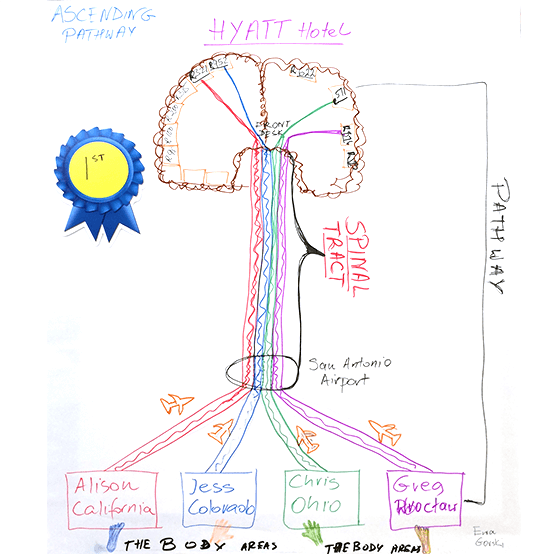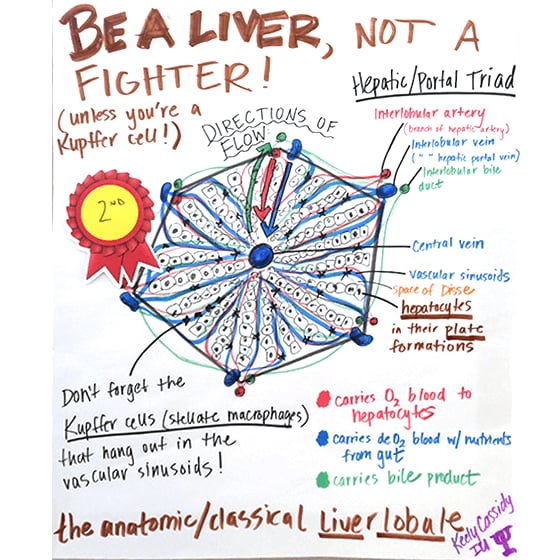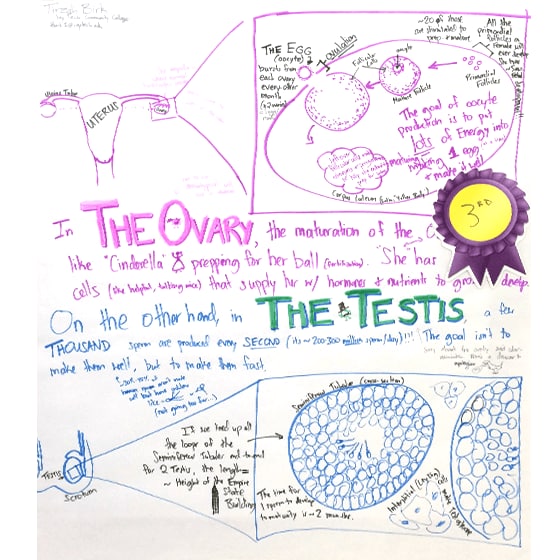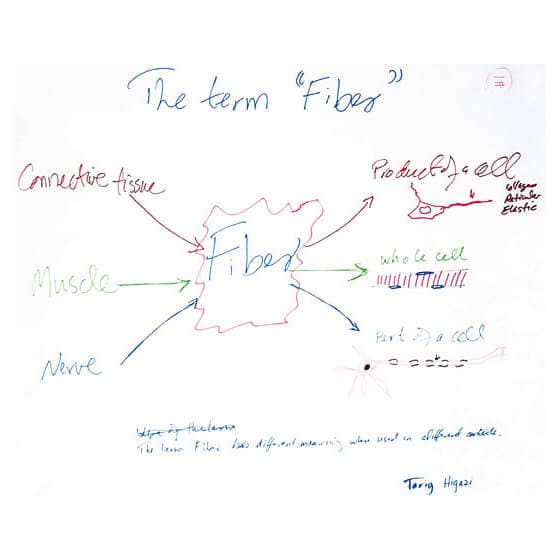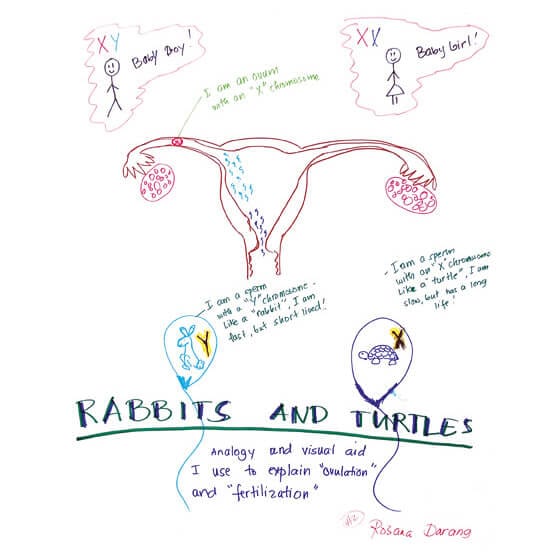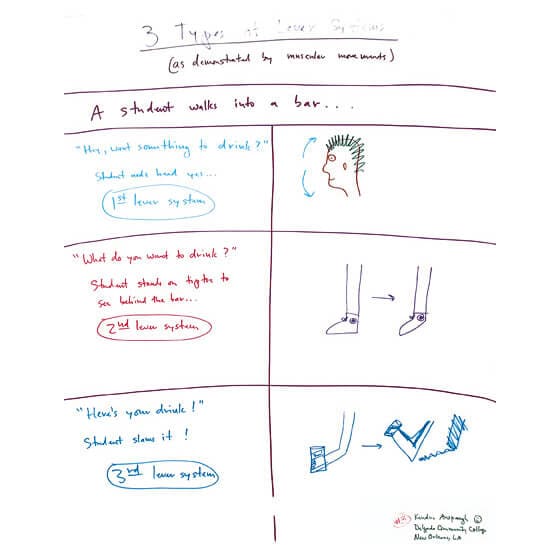Tuesday, May 29
What's New in Anatomy and Physiology?
Katja Hoehn, Mount Royal University
9:45–10:45 a.m., Room M160
The last 3–4 years have seen many exciting developments in the areas of physiology and anatomy. In this fly‐through overview, I will present my list of the most interesting new developments in this vast field. Some of the items on my list will be updates applicable to the classroom, but for a select few, I will delve into more detail. My focus will be on basic science, but I will also highlight some clinical developments.
Teaching Strategies to Get the Most out of Lab Time
Lori Smith, American River College
1:15–2:15 p.m., Room G1063
Have you ever dreamed that students would come to lab more prepared? Have you ever wished that students were better able to connect the content of Anatomy and Physiology to the activities performed during lab? If so, come see what the Pearson Pre-lab videos have to offer. There are a total of 18 videos with accompanying Coaching Activities, assignable in Mastering™ A&P. The topics covered by the Pre-lab videos range from “Measuring Field Diameter” to “Blood Typing.” This workshop will discuss ideas for improving productivity in the lab.
Wednesday, May 30
Creating a Safe and Fair Online Learning Environment
Shawn Macauley, Muskegon Community College
1:00–2:00 p.m., Room G1120
Are you teaching more of your classes online and need to provide online testing for your students? Are you concerned about students using technology to outsmart your online assessments? In this workshop, Dr. Shawn Macauley will discuss online cheating, including student perspectives, online testing platforms, and savvy ways to end — and catch — online cheating. He will highlight the most recent studies on the neuroscience of cheating as well as provide strategies that you can use with online diagnostics that reduce cheating, promote learning, and provide a more secure and fair educational environment.
Generation Z, IGen, Post Millenials, Homeland Generation: Who Are They and Why Should We Care?
Lorri Garrett, Parkland College
3:45–4:45 p.m., Room G1160
Names for Generation Z are as diverse as its members. These true digital natives have never known life without the internet, and they have instant access to more information than any of their predecessors. They are plugged in, connected, social, and aware. They seek independence yet embrace collaborative work. They thrive through immersive educational experiences, learning best by doing, not listening. These master multitaskers, with the world always at their fingertips, have the shortest attention span of any generation. We’ll explore their characteristics and consider how to adapt our classroom approach to better meet their needs.

